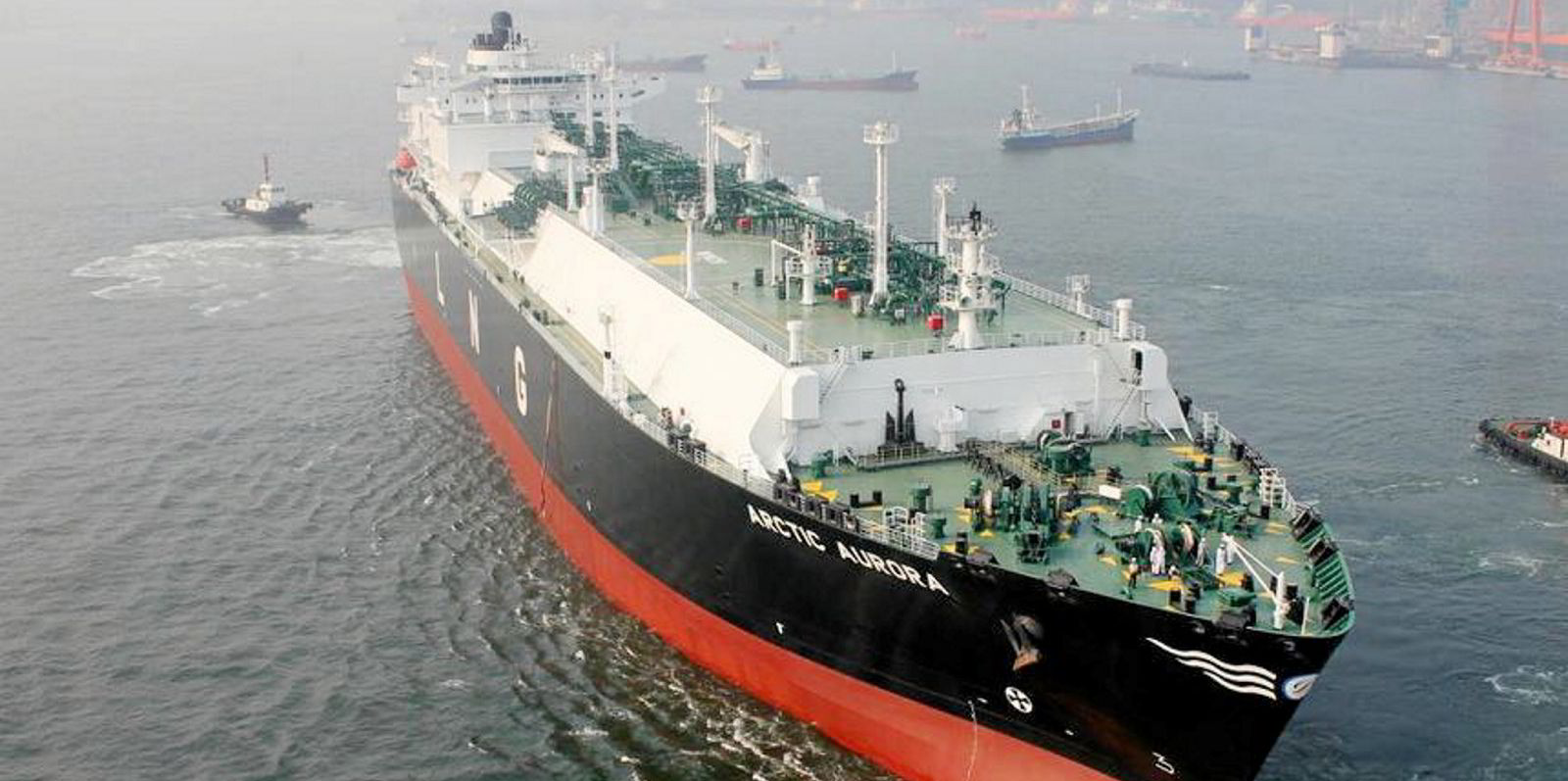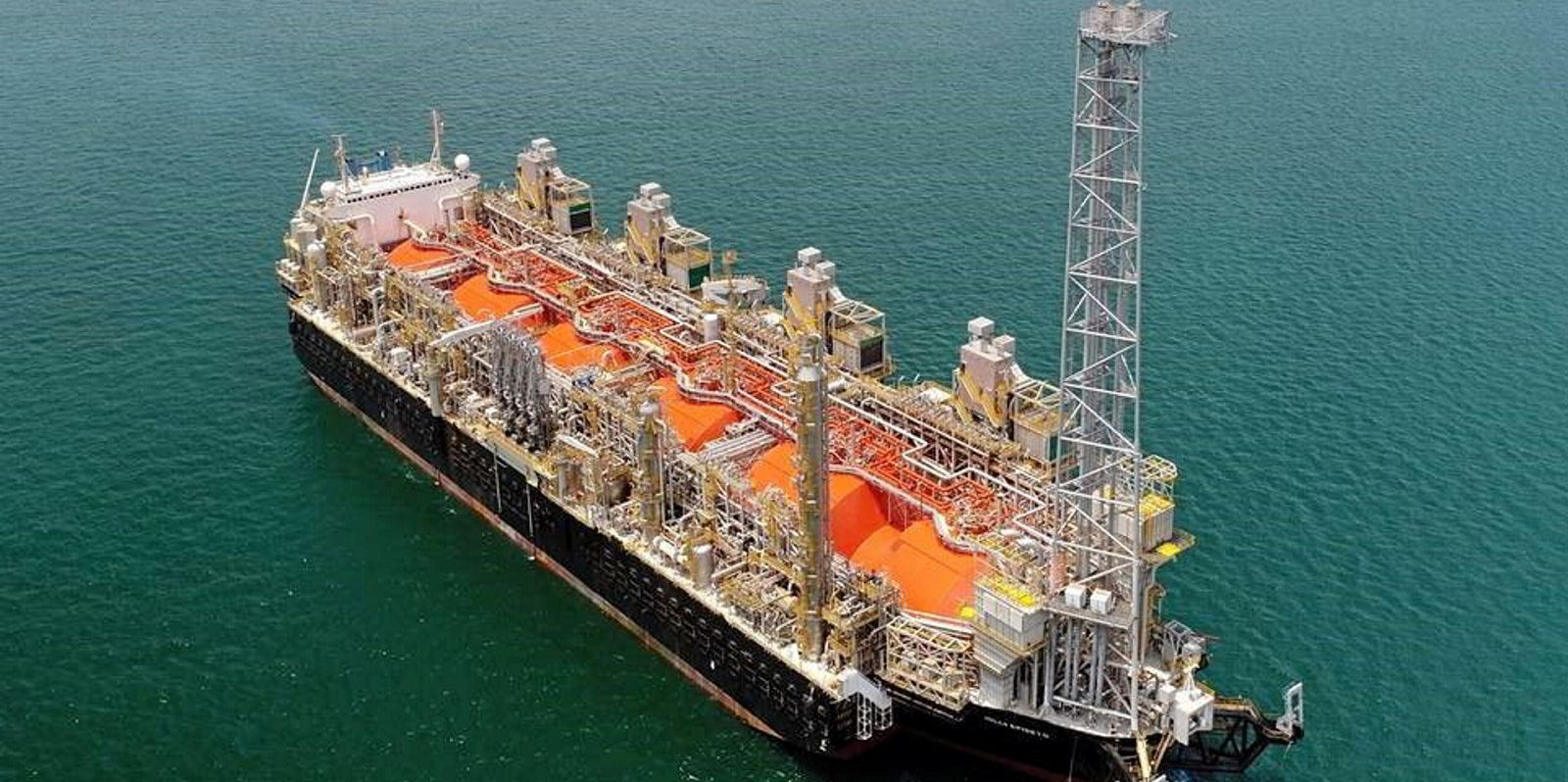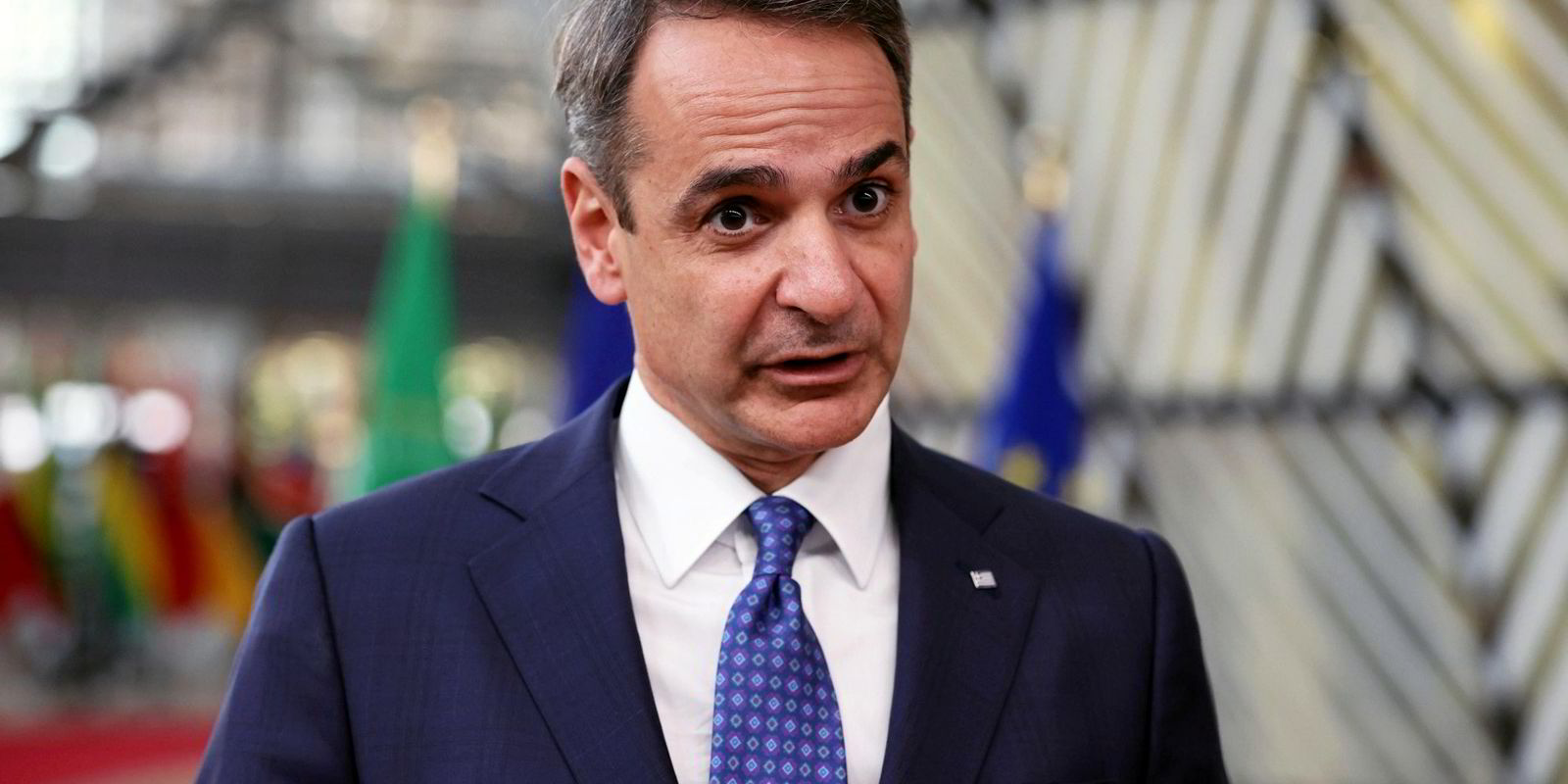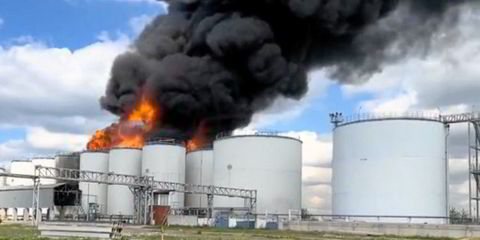Europe’s sudden focus on energy security bodes well for dry, wet and gas shipping markets, leading shipping players told the FT Global Commodities Summit on Wednesday.
The war in Ukraine has turned the energy market in Europe “upside down”, Sveinung Stohle, deputy CEO of the Angelicoussis Group, told participants.
He said that demand for LNG shipments to Europe had suddenly surged to levels that could not be met.
That was likely to push up demand and tonne-miles of coal and oil.
Europe’s energy security had not been considered important in the past 20 years during which a deregulated energy market had placed the focus on spot contracts, he said.
“Today, the whole situation has been turned upside down,” said Stohle, whose company runs a mixed fleet of 157 vessels that is Greece’s largest.
“There is only one priority today: energy security.”
“It means that over the last four weeks all available FSRUs [floating storage and regasification units] in the market have been mopped up — and people are scrambling to find other ways to import LNG.”
Too little, too late
Europe would be unable to import the volumes of LNG it needed “because it isn’t there”, he said.
He added that the gas energy requirements “will have to be replaced by coal and oil, and probably reduced demand”.
“What does that mean for shipping? It just means it’s going to be a very tight market and very high rates,” he said.
His own company had even experienced strong interest in newbuildings slated for delivery in 2024 and 2025, he said.
Shifting trade patterns
The war in Ukraine was leading to changes in trade patterns with the shift to coal helping the bulker market.
“Coal, whether people like it or not, is going to play an important role,” Stohle said.
Ghigo Ravano, co-chief executive of Swiss broker Ifchor, said the immediate outlook for shipping markets remained uncertain.
“The fundamentals are good,” he said.
“But we are having demand destruction or export destruction, and the potential for more.”
Ravano said the grain industry was likely to suffer from a lack of fertiliser.
This was expected to hit shipments in the Black Sea and potentially to and from the US, he said.
“If that happens, you’re shifting the agri-complex to structural shortages until mid next year and that will create shortfalls,” he said.
Edward Buttery, chief executive of UK-listed Taylor Maritime Investments, noted that handysize rates had risen since Chinese New Year.

These were likely to be boosted by an increase in tonne-mile demand resulting from the disruption to the grain trade out of Russia and Ukraine.
These account for around 18% of the seaborne grain trade and would end up being replaced with shipments from places such as the US, Australia and Canada.
Golden Ocean chief executive Ulrik Andersen said he expected relatively good bulker markets this year.
But there remain risks from rising bunker costs, said Alessio La Rosa, global head of freight at Chinese-owned, Geneva-based trading house COFCO International.
That would put pressure on fleet productivity, and result in slow steaming despite the firm rates, he said.








